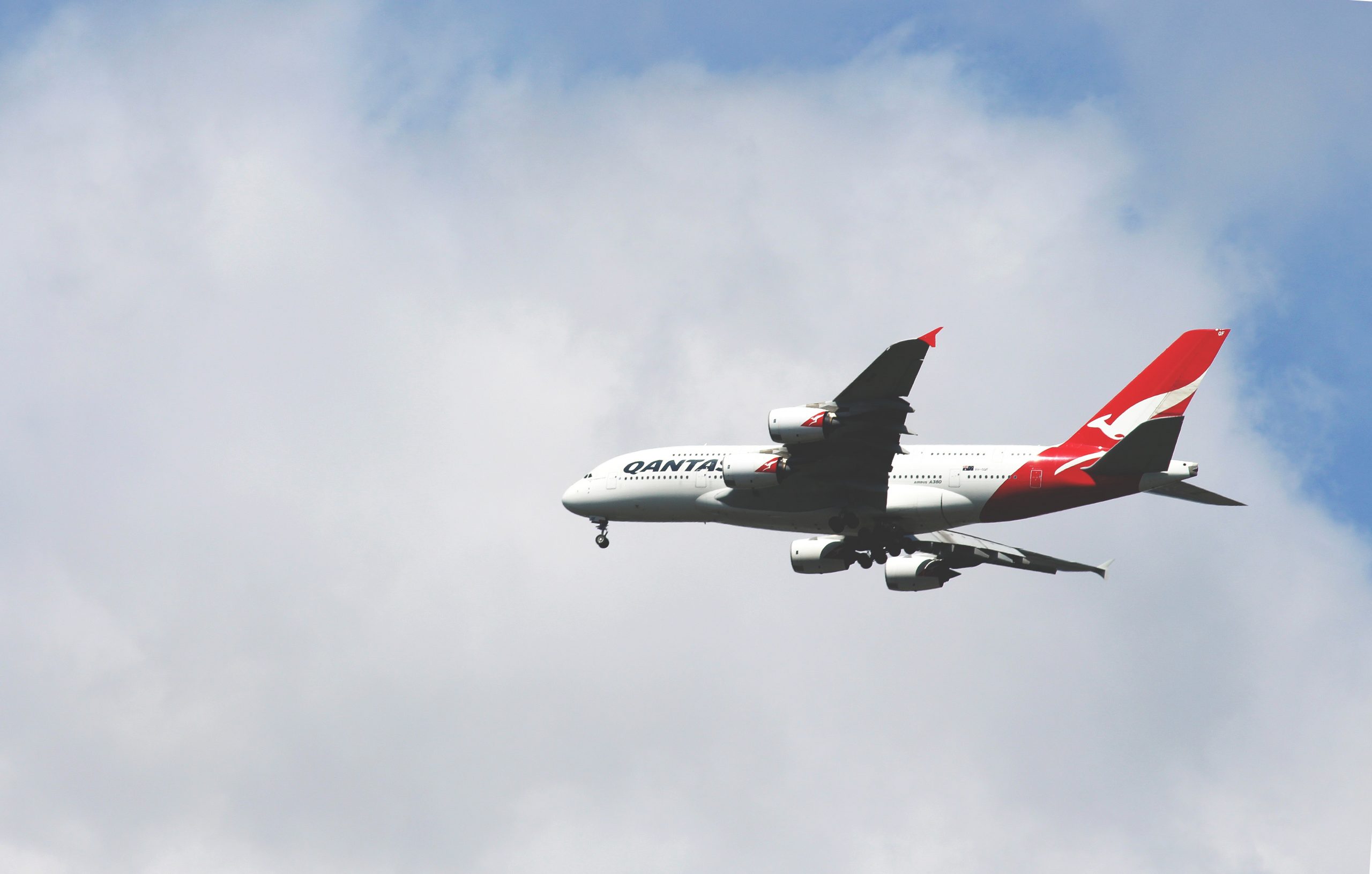The global pandemic put strain on almost every industry, with travel being one of the hardest hit as lockdowns and border control were in force. Qantas Airways was among the millions of companies who downsized their teams in the wake of Covid, as work was in short supply.But now, the Federal Court has found that replacing the airlines ground handling function with outsourced workers was illegal. Alan Price, CEO at BrightHR, explains the key learning for employers off the back of the dubbed ‘largest sacking in Australian corporate history’.
“Making redundancies is never an easy task but in many cases, it’s the only viable option for a business. However, regardless of the challenging scenario that businesses find themselves in—global pandemic included—there are still steps that must be followed to ensure the process is fair and legal.
“While there can be valid and lawful commercial reasons to outsource work, in Qantas’ case, the court couldn’t rule out that they did so to avoid future industrial action.
“This emphasises the need for accurate record-keeping of every step of the process when it comes to redundancies. This must include proof that the employer has considered other measures, such as reducing hours, redeployment, placing on lay-off, or inviting volunteers for redundancy—with redundancy always as a last resort.
“Proper consultation and communication are also required throughout the process, which is another area where the court found Qantas fell down. The airline reportedly told the 1,700 workers about their upcoming dismissal via a lunch-room speaker with no prior warning; not a move that demonstrates empathy, compassion, or understanding, which is what you might expect from an employer in this situation.
“In fact, the case very much reminds me of the US-based Better.com CEO who made headlines for making 900 of his staff redundant via an impersonal Zoom call. And let’s not forget the P&O Ferries fiasco last year in the UK which saw 800 seafarers being made redundant with immediate effect despite no consultation process having taken place.
“While it’s been detrimental to both Qantas and its staff, it has highlighted and served a cautionary tale for other businesses considering redundancy plans for its employees. There’s a clear need for robust records—or face risking legal action and irreparable damage to reputation. Redundancy trackers can come in handy here, giving employers everything they need to carry out a fair and watertight redundancy process all in one place, with a redundancy planner, a complete library of redundancy guides and letter templates, reporting to stay on top of tasks, and unlimited secure storage for all associated notes and documents in the worst-case scenario of an employment tribunal.”









